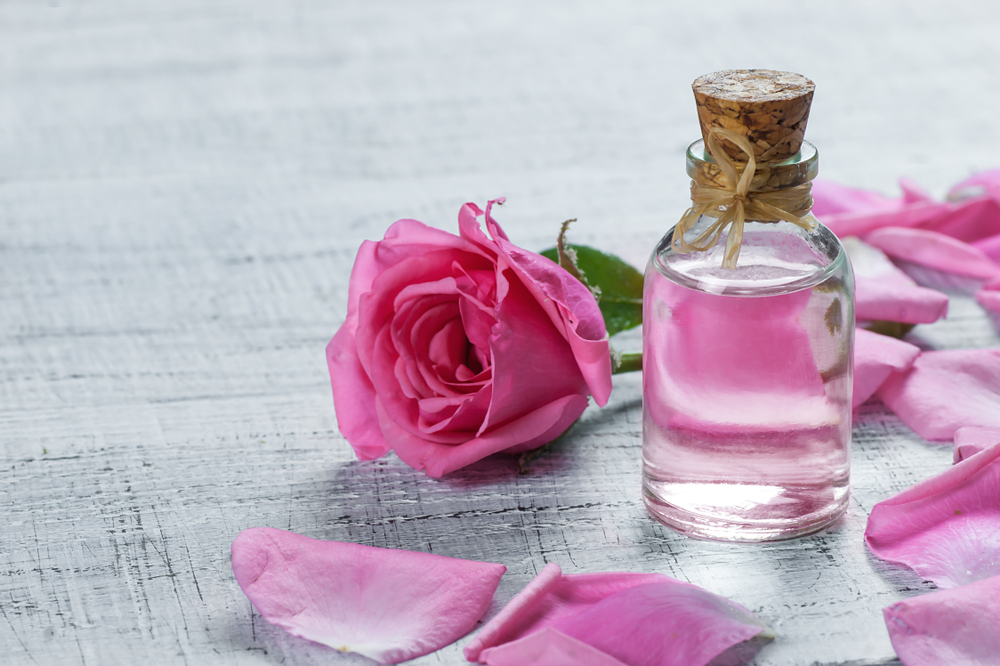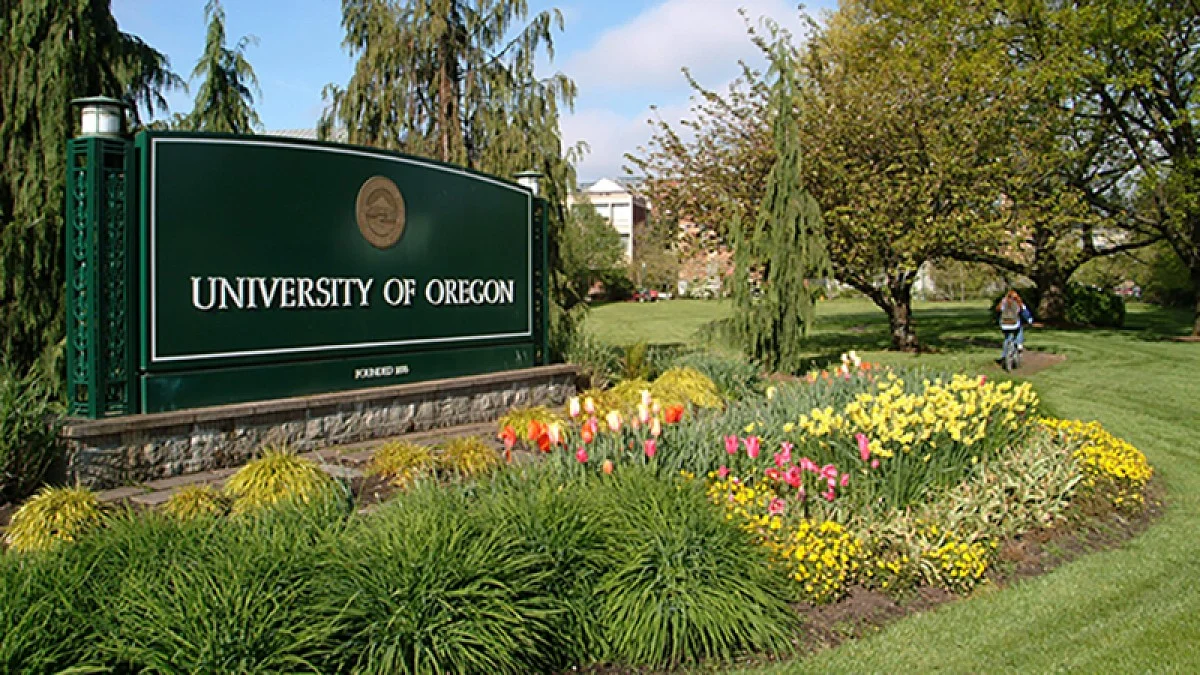
The rose, often referred to as the “queen of flowers,” has been cherished for centuries for its beauty, fragrance, and symbolism. Beyond its aesthetic appeal, the rose holds various practical uses in cosmetics, cuisine, medicine, and even spirituality. This guide will explore how to use the rose in different aspects of life, offering detailed insights into its versatile applications.
1. The Symbolism of the Rose
Before diving into its practical uses, it’s important to understand the rich symbolism associated with the rose. Across cultures and history, roses have represented love, beauty, purity, and passion. From ancient Greek myths to modern-day Valentine’s Day, the rose continues to be a symbol of emotional and spiritual significance.
Rose Colors and Their Meanings
Different colors of roses carry unique messages:
- Red roses symbolize love, desire, and passion.
- White roses signify purity, innocence, and reverence.
- Pink roses express gratitude, admiration, and joy.
- Yellow roses represent friendship, happiness, and new beginnings.
- Orange roses convey enthusiasm, energy, and excitement.
2. How to Use Roses in Skincare
Roses are not just a feast for the eyes; they also offer numerous skincare benefits. Rose petals and rose water have been used for centuries in beauty regimes due to their soothing, anti-inflammatory, and hydrating properties.
Rose Water
Rose water is a byproduct of rose oil production, where the petals are distilled with steam. It is one of the most popular and widely used rose products in skincare.

Benefits of Rose Water:
- Hydration: Rose water helps to hydrate and refresh the skin.
- Anti-inflammatory: It reduces redness and irritation, making it ideal for sensitive skin.
- Antioxidant properties: The rose’s natural antioxidants protect the skin from environmental damage.
- Balancing: Rose water helps balance the skin’s pH, controlling excess oil without drying out the skin.
How to Use Rose Water:
- As a toner: Apply rose water on a cotton pad and gently swipe across your face after cleansing.
- In face masks: Mix rose water with clay or other natural ingredients for a soothing face mask.
- As a mist: Pour rose water into a spray bottle and mist your face throughout the day for a refreshing boost.
Rose Oil
Extracted from rose petals, rose oil is a luxurious and potent skincare ingredient known for its regenerative and anti-aging properties.
Benefits of Rose Oil:
- Anti-aging: Rose oil helps to reduce the appearance of fine lines and wrinkles.
- Moisturizing: It deeply hydrates the skin, making it perfect for dry and mature skin types.
- Healing: The antiseptic properties in rose oil make it effective in healing scars, cuts, and burns.
How to Use Rose Oil:
- As a facial serum: Apply a few drops of rose oil to your face and gently massage it into the skin after cleansing and toning.
- For spot treatment: Apply directly to acne scars, blemishes, or dry patches to promote healing.
- In a bath: Add a few drops of rose oil to your bath for a relaxing and skin-nourishing experience.
3. Culinary Uses of Roses
Roses are also edible and have been used in a variety of culinary traditions around the world. The petals, hips, and rose water can be incorporated into dishes, adding a delicate floral flavor to both savory and sweet recipes.
Rose Petal Recipes
Rose petals can be used fresh or dried in various culinary creations.
Popular Uses:
- Rose Petal Jam: Made by simmering rose petals with sugar and water, this jam is a delicious spread for bread or a topping for desserts.
- Salads: Add fresh rose petals to green salads for a touch of elegance and a mild floral taste.
- Rose Petal Tea: Brew dried rose petals in hot water for a fragrant, calming tea.
Rose Water in Cooking
Rose water is a staple in Middle Eastern, Indian, and Mediterranean cuisines. It is used to flavor both sweet and savory dishes.
Popular Dishes:
- Baklava: Rose water is often added to the syrup in this classic Middle Eastern dessert for a rich, floral aroma.
- Rice Pudding: A few drops of rose water can elevate the flavor of this creamy dish.
- Lemonade: Add rose water to lemonade for a refreshing, exotic twist.
Rose Hips
Rose hips, the fruit of the rose plant, are rich in vitamin C and have been used in traditional medicine and cooking.
How to Use Rose Hips:
- Rose Hip Tea: Steep dried rose hips in hot water for a tangy, vitamin-rich tea.
- Rose Hip Syrup: Make a syrup from rose hips to drizzle over pancakes or add to smoothies for a nutritional boost.
4. Rose in Aromatherapy
The scent of roses is known to have calming and uplifting effects, making it a popular choice in aromatherapy.
Benefits of Rose Aromatherapy:
- Reduces stress and anxiety: The calming scent of rose oil can help to lower cortisol levels, promoting relaxation and reducing stress.
- Enhances mood: Inhaling rose oil has been shown to boost mood and alleviate symptoms of depression.
- Promotes better sleep: The soothing aroma of rose can improve sleep quality by calming the mind and body.
How to Use Rose in Aromatherapy:
- Diffuser: Add a few drops of rose essential oil to a diffuser to fill your room with its calming scent.
- Massage oil: Mix rose oil with a carrier oil and use it for a relaxing massage.
- Inhalation: Inhale directly from the bottle or a few drops on a handkerchief to instantly reduce stress and improve mood.
5. Using Roses in Spiritual and Emotional Practices
Roses have long been associated with love, healing, and spirituality. Many cultures use roses in rituals, meditation, and other spiritual practices.
Rose in Meditation
The rose is often seen as a symbol of the heart and is used to connect with feelings of love, compassion, and forgiveness during meditation.
How to Use Roses in Meditation:
- Rose petal bath: Create a spiritual bath by adding rose petals and rose water to your bath, focusing on self-love and healing.
- Visualization: During meditation, visualize a blooming rose in your heart center, radiating love and compassion to yourself and others.
- Rose incense: Burn rose incense or use rose essential oil during meditation to enhance focus and promote emotional healing.
Rose in Rituals
In various spiritual traditions, roses are used in rituals for love, healing, and protection.
Popular Ritual Uses:
- Altar decoration: Place roses on your altar as an offering or symbol of love and beauty.
- Love spells: Roses are often used in love spells or rituals to attract or enhance love in one’s life.
- Healing ceremonies: Rose petals and oils can be used in healing ceremonies to promote emotional and physical well-being.
6. Growing and Harvesting Roses
For those interested in using roses at home, growing your own roses is both rewarding and practical. With proper care, roses can thrive in a garden, providing a sustainable source of petals, hips, and beauty.
How to Grow Roses:
- Choose the right variety: Some rose varieties are better for culinary or medicinal uses, while others are primarily ornamental. Choose accordingly.
- Planting: Roses prefer well-drained soil and a sunny location. Plant them in early spring or fall for the best results.
- Watering: Water roses deeply and regularly, especially during dry spells.
- Pruning: Prune roses in early spring to encourage new growth and more abundant flowers.
Harvesting Roses:
- For petals: Harvest petals early in the morning when they are most fragrant. Be sure to pick only healthy, pesticide-free roses.
- For rose hips: Wait until after the first frost to harvest rose hips, how to use the rose as they will be sweeter and richer in nutrients.
7. Conclusion: Embracing the Versatility of the Rose
The rose is much more than a symbol of love and beauty. Its versatility in skincare, cooking, aromatherapy, and spiritual practices makes it a valuable plant in various aspects of life. Whether you are using roses to enhance your beauty routine, create delicious dishes, or promote emotional healing, the rose offers endless possibilities.
By understanding how to use roses effectively, you can fully appreciate the power of this timeless flower in all its forms. From its petals to its hips, the rose continues to enrich our lives with its beauty, fragrance, and healing properties.







